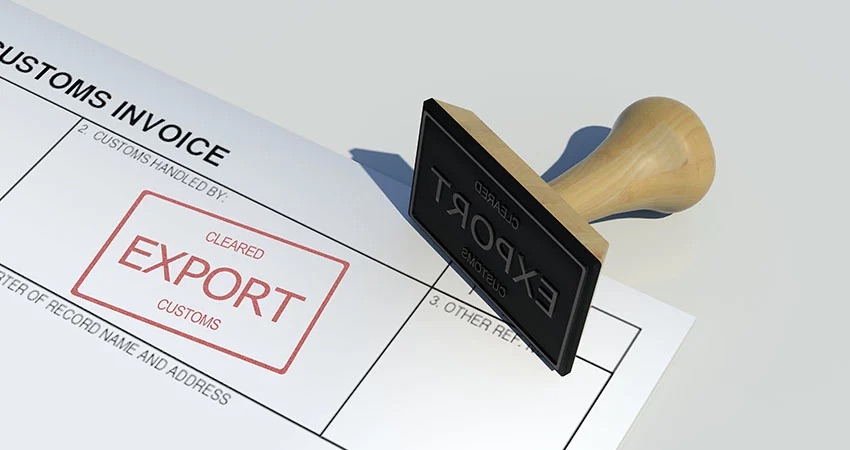DPU (Delivered at Place Unloaded)
In the realm of cross-border e-commerce, the terms DDP and DAP for customs clearance are frequently mentioned. But what exactly do these terms entail, and why are they of significant importance to you as an online retailer? We’ll provide you with comprehensive insights! Additionally, we’ll elucidate how leveraging DDP can enable you to expand your sales further.

Incoterms is short for ‘International Commercial Terms,’ encompassing the established rules governing aspects like payment and delivery terms in conventional trade. Among the widely recognized Incoterms, Incoterms DDP and Incoterms DAP stand out as the most prevalent.
DAP, or Delivery at Place
DAP, or Delivery at Place, entails that for shipments under the Incoterms DAP framework, the seller bears the responsibility for delivering the goods, including transport costs, to the specified destination – typically the buyer’s premises. It is crucial to note that the expenses associated with performing essential import formalities are expressly excluded. The buyer or recipient is obliged to cover all duties and taxes related to the import in the destination country. When the value of an order surpasses a certain threshold, VAT becomes applicable, necessitating customs clearance in the destination country.
Regarding payments for DAP Incoterms, if VAT and/or customs duties exceed the exemption limits, the recipient must settle all duties upon receiving the shipment. In instances where the recipient is unavailable during the delivery or is unable to make the required payment, a notification will be left to facilitate the collection of the shipment.
However, many shoppers may not be aware that they have ordered from abroad and may incur VAT liabilities outside the EU zone. The absence of a clearly defined Incoterm during the online shopping process can lead to customer dissatisfaction and negative ratings for your online store. It is imperative to transparently communicate the applicable Incoterms to avoid such issues and enhance customer satisfaction.
DDP or Delivery Duty Paid
Under the Incoterms DDP, the seller is obligated to bear the expenses and risks associated with delivering the goods to a destination within the importing country. This encompasses fulfilling all necessary formalities, covering import duties, and meeting additional costs. DDP shares similarities with DAP, but it goes a step further by encompassing the pre-payment of customs duties and taxes before the actual delivery.
In the context of DDP Incoterms, the burden of payment falls on the shipper, sparing the customer from any costs upon receipt of the shipment. The goods are delivered duty-free, akin to a domestic delivery. The shipper assumes the responsibility for customs clearance, implying that if any import duties are applicable, they will be invoiced to the shipper, encompassing both customs duties and VAT.
